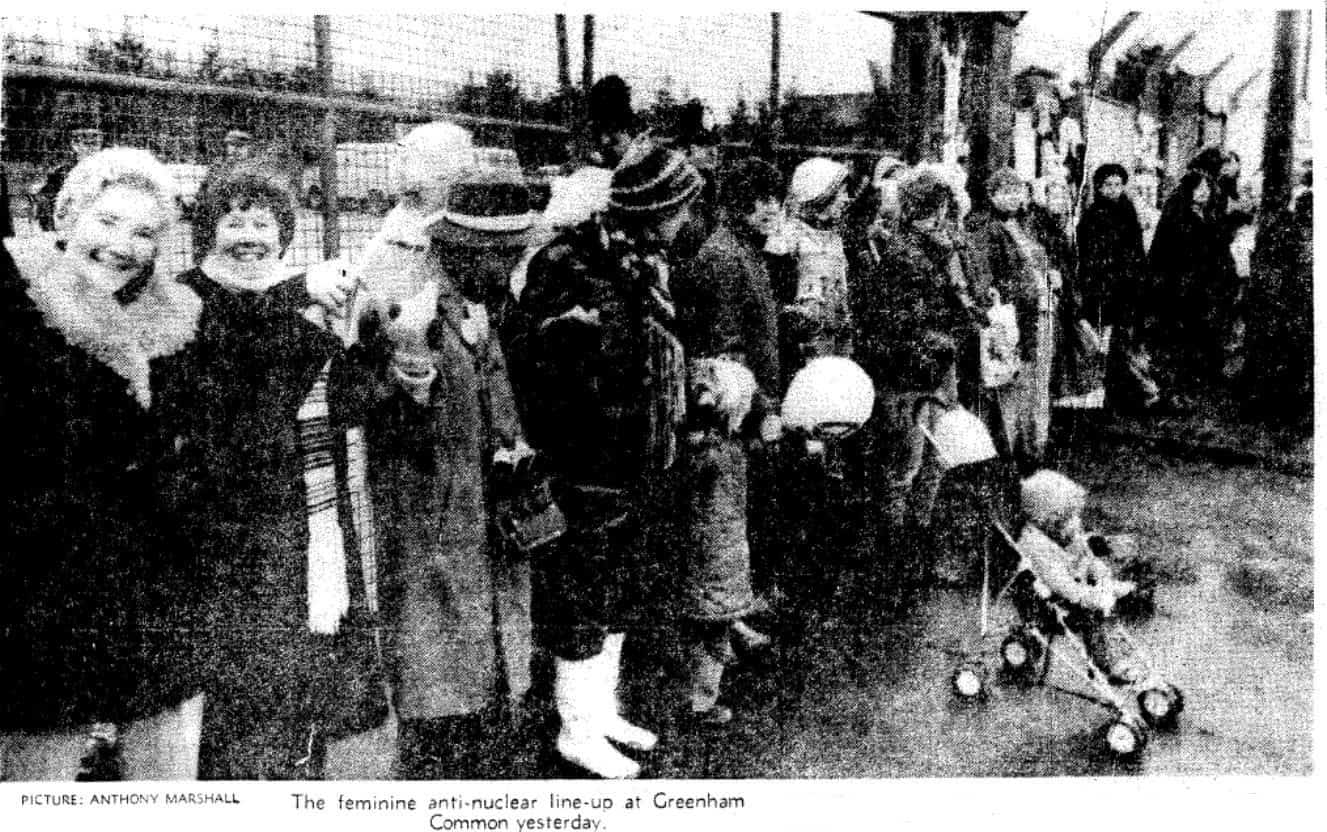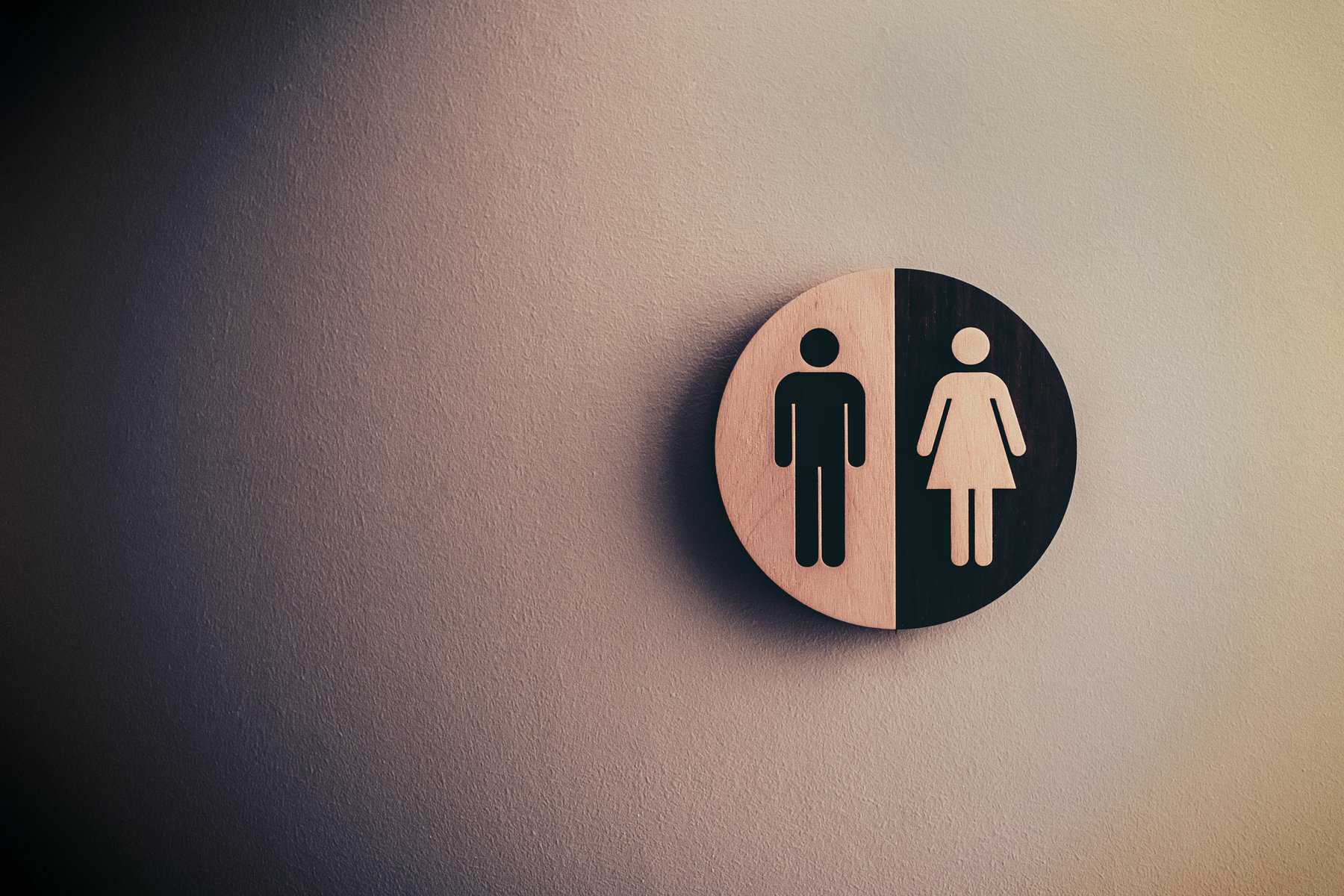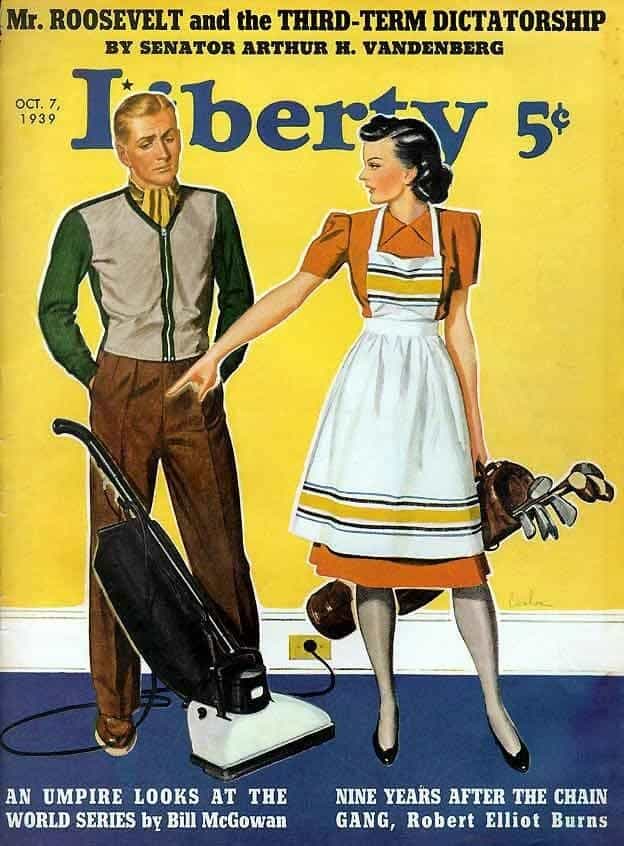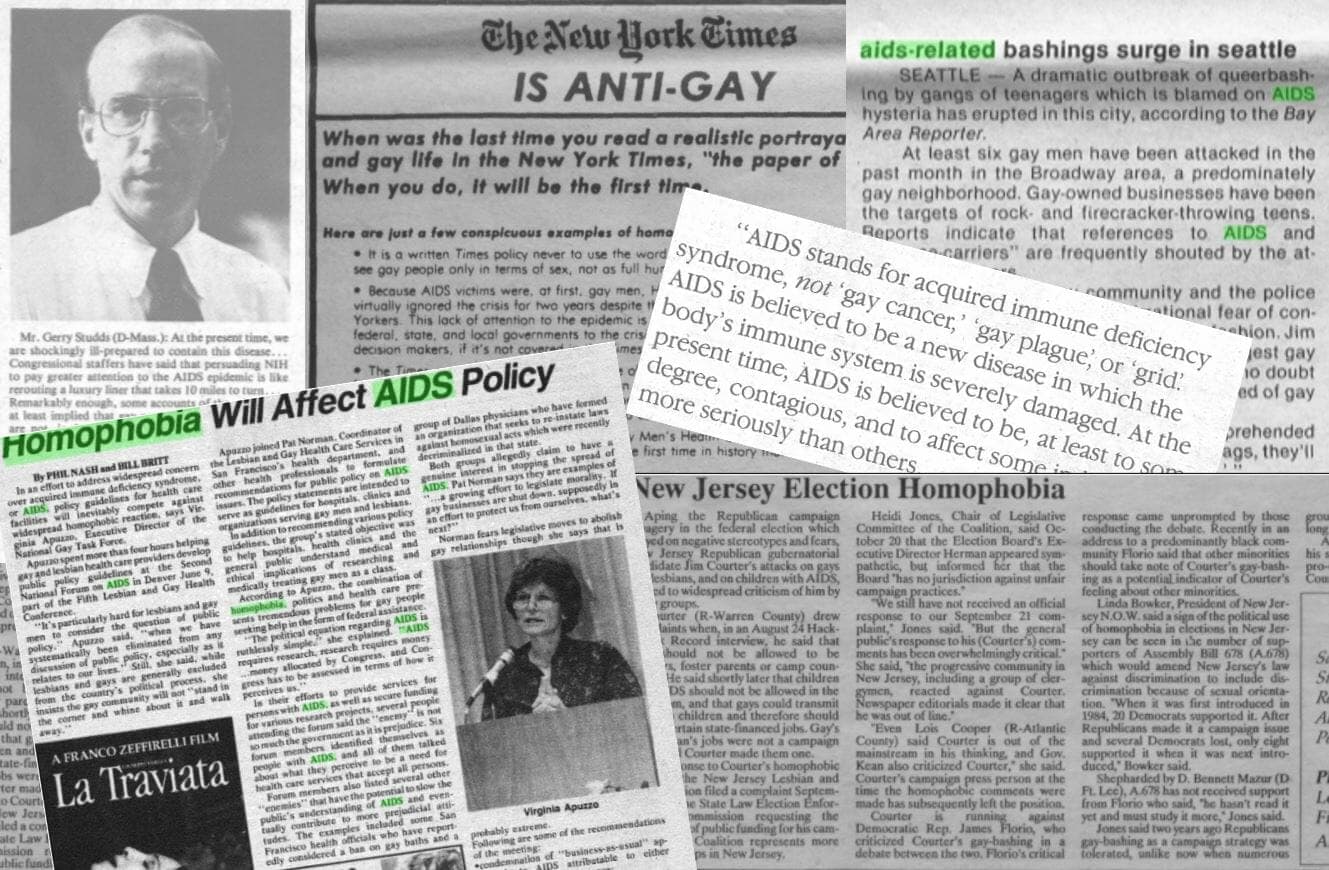│By Karen Harker, Gale Ambassador at the University of Birmingham│
Anyone familiar with Gale Primary Sources knows that it provides archival access to major periodicals such as The Times, The Daily Mail, The Financial Times, and The Economist. The longevity and sustained popularity of these publications mean that they are often the first place a student or researcher might look for information on a historical topic, but it is worth remembering that a vast majority of the articles found in these newspapers are written by white, heterosexual, cisgender men. This is particularly true of anything published in the eighteenth, nineteenth, and early twentieth centuries. Even as women, people of colour and members of the LGBT+ community are increasingly employed by these newspapers, their contributions still exist in a notable and significant minority. While these newspapers are fantastic resources, they often only tell one side of the story.










